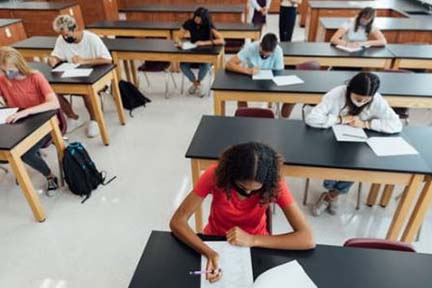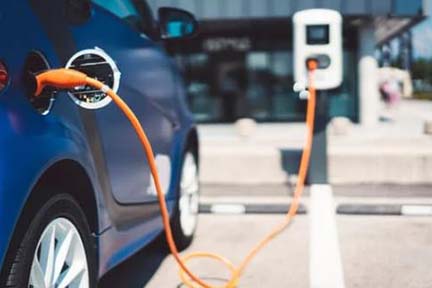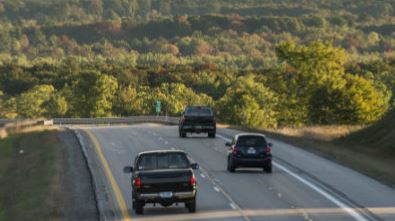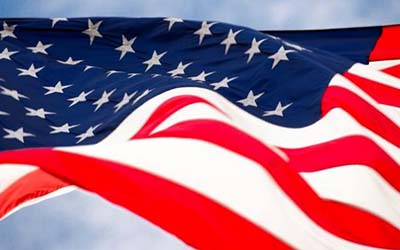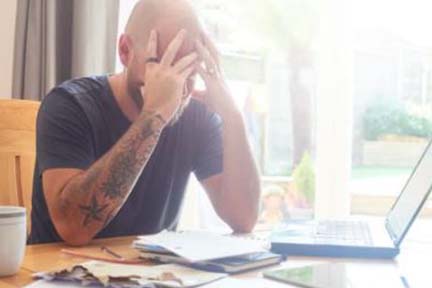
Program for Michigan Homeowners Experiencing Hardships

Governor Whitmer Launches Program for Michigan Homeowners Experiencing Hardships The Michigan Homeowner Assistance Fund expected to help over 8,300 homeowners keep their homes
Lansing, Mich. – Governor Gretchen Whitmer and the Michigan State Housing Development Authority (MSHDA) launched a new program today to aid homeowners with additional financial support to help Michiganders pay their bills and stay in their homes.
The Michigan Homeowner Assistance Fund (MIHAF) uses federal resources allocated under the American Rescue Plan Act of 2021 to provide financial assistance to homeowners who have fallen behind on homeownership-related expenses. The MIHAF program can help with delinquent mortgage, property tax and/or condominium payments, payment of escrow shortages, and past due utilities payments, including gas, water, electric, and internet or broadband.
“Over the years, we’ve made great strides to keep families in their homes, and this additional financial support will build on our efforts that put Michiganders first,” said Governor Gretchen Whitmer. “The program offers homeowners much
The U.S. Treasury allocated a total of $242,812,277 to Michigan for the MIHAF program, which MSHDA anticipates will help more than 8,300 homeowners across the state. Half of the funds have been allocated by the state Legislature, and the remaining approximately $121 million must be approved at a later date.
“The MIHAF program will ensure thousands of Michigan homeowners avoid the personal devastation of foreclosure while also helping communities across Michigan reduce the secondary impacts foreclosures can have on neighborhoods, local governments, and social services networks,” said Mary Townley, MSHDA’s director of homeownership. “We are grateful to Governor Whitmer for putting Michigan first and providing this critical support.”
To qualify for MIHAF, applicants must have experienced a qualified financial hardship due to the coronavirus pandemic after January 21, 2020, or had a qualified hardship that began before January 21, 2020, but continued after that date, meet income eligibility requirements, and the property must be owner-occupied. The maximum amount of assistance available through MIHAF per household is $25,000.
Interested homeowners can find details and a link to the application portal at Michigan.gov/MIHAF or receive assistance with their application submission by calling 844-756-4423.
About MSHDA: The Michigan State Housing Development Authority (MSHDA), established in 1966, provides financial and technical assistance through public and private partnerships to create and preserve safe and decent affordable housing, engage in community economic development activities, develop vibrant cities, towns and villages, and address homeless issues.
|

